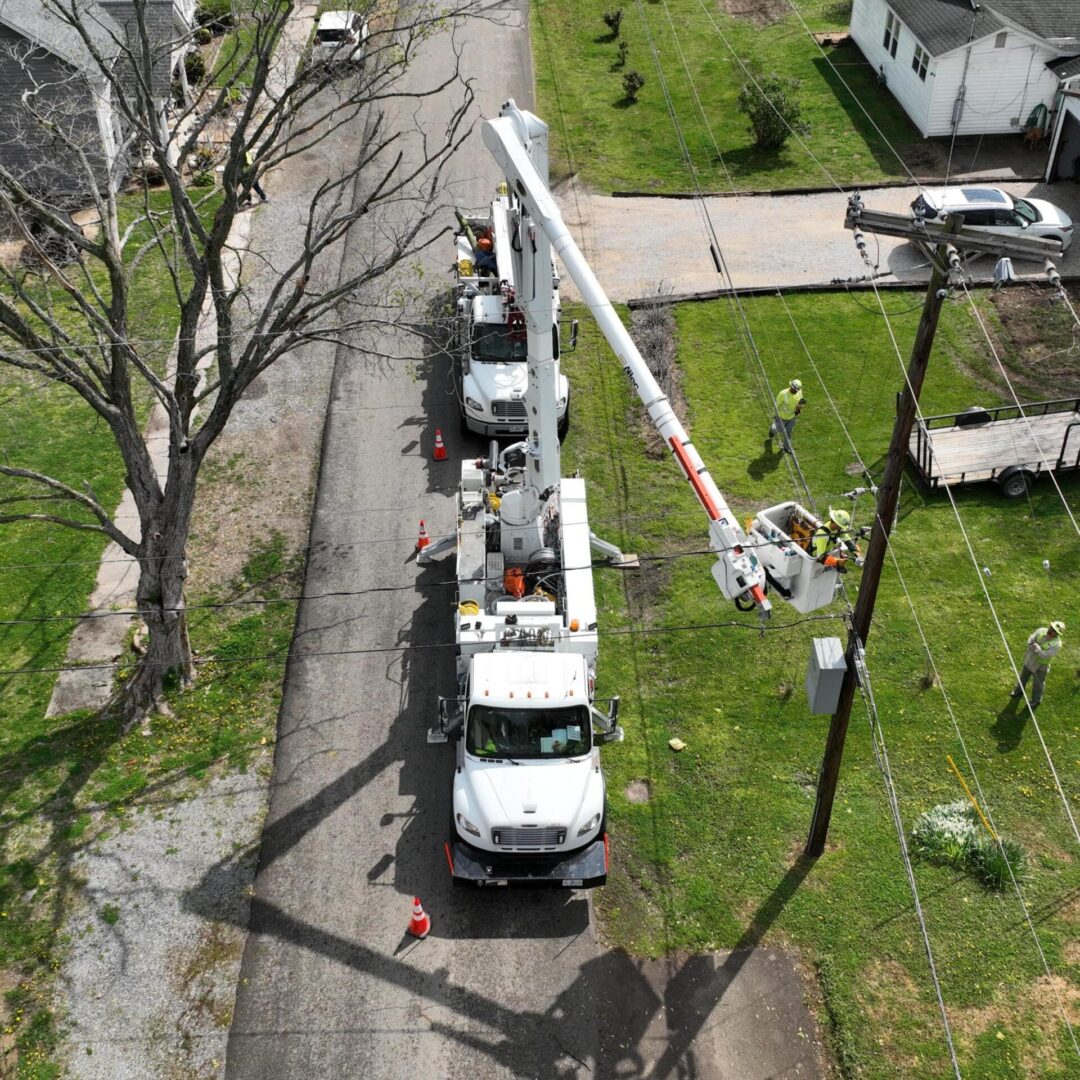It is estimated that 37 million adults living in the United States live with chronic kidney disease, and unfortunately, most are undiagnosed.
Chronic kidney disease occurs when the kidneys have been impaired or damaged, impacting their ability to filter waste and excess fluid from the blood. When the kidneys are not functioning properly, waste accumulates within the blood, making you very ill.
Role kidneys play
Your kidneys are located on either side of the spine at the lowest level of the rib cage and are about the size of a fist. When working correctly, they are able to filter all of your blood in about thirty minutes or about 200 liters of fluid every 24 hours. The kidneys play a critical role in maintaining homeostasis within the body by helping maintain a healthy balance of minerals known as electrolytes, which include calcium, phosphorus, potassium, and sodium. They also remove acid produced by the cells of your body and excess fluid in the form of urine. If this process is not working properly, toxins and excess fluid can build up and interfere with other body functions. Because of this, the kidneys play a vital role in heart health. Think of it this way. If the body has excess fluids and electrolytes, nerve and muscle functions do not work well. This causes the heart to work either too hard as it moves the excess fluid around or functions very poorly due to muscle weakness brought about by the electrolyte imbalance. The kidneys also play a role in regulating the production of hormones that make red blood cells and help to control blood pressure. One last fun fact about your kidneys, they are important to your bone health. They work to keep your bones healthy and strong by producing an active form of Vitamin D.
Causes of kidney damage
There are many reasons your kidneys can become damaged. The leading cause of kidney failure is poorly managed diabetes and blood pressure, which accounts for 3 out of 4 new cases.
However, there are many other reasons your kidneys can become damaged, such as smoking, heart disease, obesity, having a family history, aging, frequent use of various medications or substance misuse, and having abnormal kidney structures or prolonged urinary tract obstructions from kidney stones, an enlarged prostate, and some cancers. Additionally, minorities are at an increased risk of developing kidney disease.
Kidney disease is a progressive disease, meaning it generally takes time to develop. However, it may develop suddenly due to damage, severe dehydration, certain medications, or a urinary tract obstruction. When this occurs, it is called acute kidney failure and is often temporary in nature.
Chronic kidney disease involves a gradual loss of function over an extended period. It often goes undetected early on until the disease is well advanced because the kidneys are able to some degree compensate for lost function. Unfortunately, the damage that occurs due to chronic kidney disease is irreversible, and there is no cure for this disease. Therefore, prevention and treatment focus on managing the underlying conditions and slowing the progression of damage.
Learn more
To learn more about what steps you can take to prevent or slow the progression of chronic kidney disease in your life, check out this blog.
SOURCE: Diane Reinhold, Nutrition and Wellness Educator, Illinois Extension
***Report Courtesy of the University of Illinois Extension***















